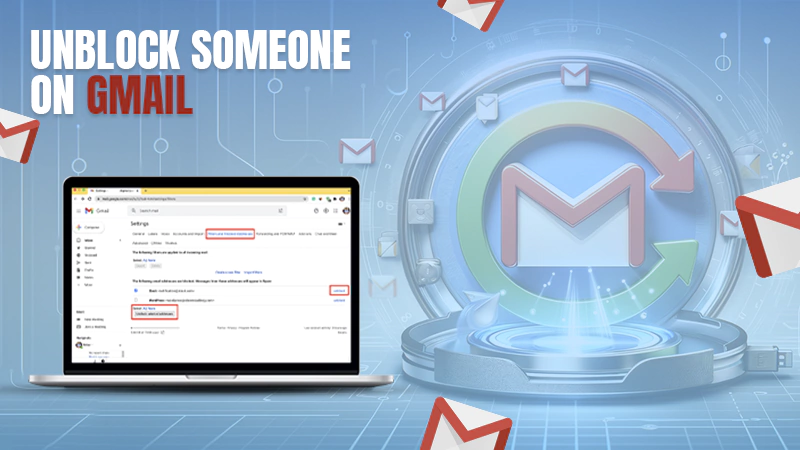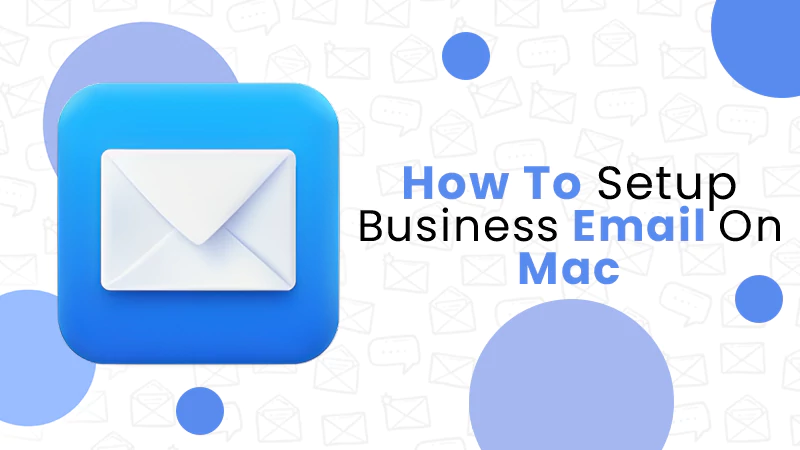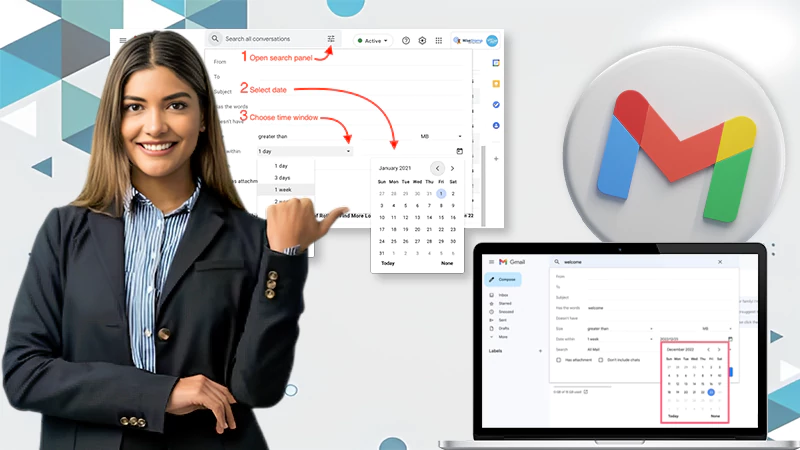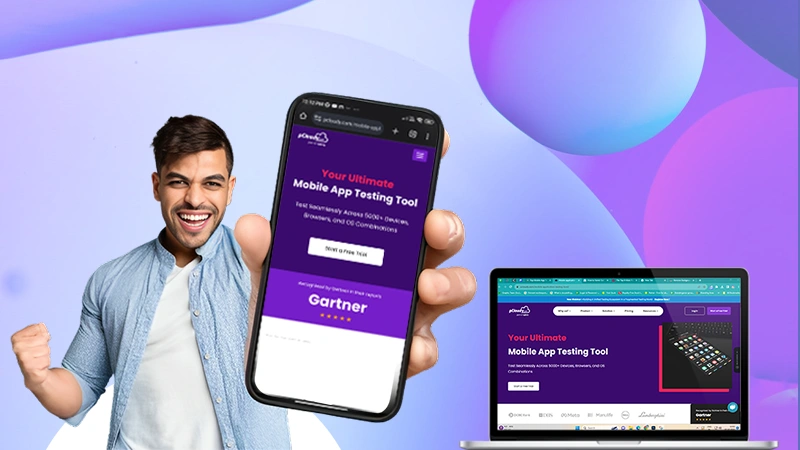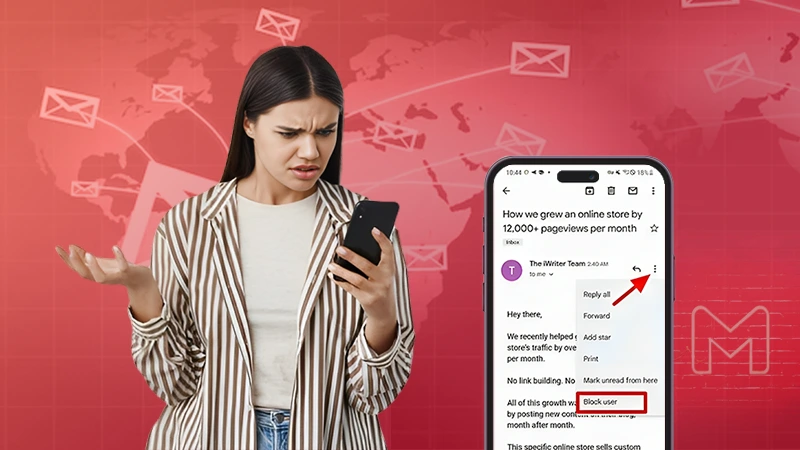Proxy vs. VPN: Which Is Better for Anonymous Browsing?
Are you worried about your online safety? Companies are always trying to track user behavior and criminals are lurking in the dark for personal details, putting you at risk.
The best way to secure your security is by browsing secretively and keeping the information hidden. It safeguards the private information and leaves hackers scratching their heads.
Proxy and VPN are two popular ways to browse without a name, but which is better? Keep reading to find out!
What’s Anonymous Browsing?
As you already know, surfing the internet these days has become such a headache because of the hackers and the constant scams.
Anonymous surfing has come into everyone’s lives as a savior that lets you use the internet without any name and protects private details, like name, address, phone number, and interests, from any danger.
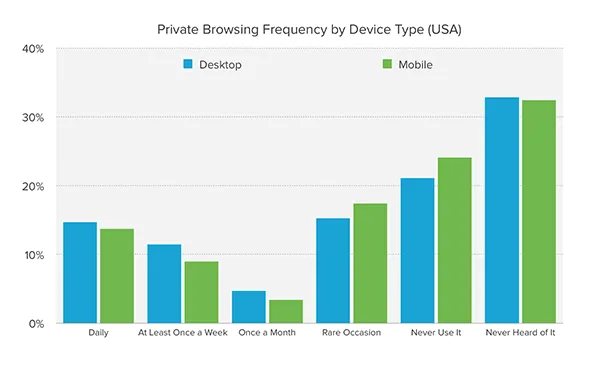
The above graph shows private browsing frequency by device type in the US.
If you want a piece of unneeded advice, then try using a proxy or VPN that can keep the search history and information safe from scammers and companies that steal your online information and sell it to others.
There was an article published by the Pew Research Centre that said – 86% of web users have used these ways to browse secretly and saved themselves from online threats this year.
The Benefits of Anonymous Browsing
There are many benefits of safe surfing that guarantee to keep the user’s online privacy safe and protect from any coming danger, which include:
Defense Against Data Breaches
Surfing the web anonymously protects the data from being breached by unwanted players who may use it for their gain. You can search for whatever you want and like with ease, and every activity and search is going to be protected.
Access to Banned Content
There are many times when you fail to access the content because of the censorship or regional problem that comes in the way of surfing. But, these safe methods allow you to check out the banned content.
Browsing anonymously allows you to navigate content that may be banned in your location, e.g., social media websites.
Prevention from Being Tracked
Hackers use the IP address to track the location and the search history to use it against you. But with a secure connection, nobody can track your footprints while browsing because the IP address is hidden and data is encrypted.
It frees you of the doubt that the internet service provider (ISP) might be snooping through the search history or hackers who have plans to scam you.
No Individualized Marketing
Since you’ll be surfing safely, companies won’t be able to see the location to give targeted advertisements. It also prevents you from receiving ads with things that were recently searched because cookies will be blocked.
Now, you can be free of the stress that comes from useless recommendations and needless popups.
Did You Know?
A VPN Can Raise Your Internet Browsing Speed.
A Breakdown of Proxy and VPN
If you do a survey and go around asking people which method they use to keep their browsing history safe from threats, the answer would be either proxy or VPN.
These are the most secure methods one could ever find, even if you go around with a candle in hand. Both can be used for searching incognito, but they are slightly different from one and the other.
Proxy
Proxy is a private browsing method where a proxy server acts as a middleman that sends all the web traffic between the computer and the websites you’re searching. You can hide the IP address and disguise it as the IP of the proxy you’re using.
One thing to know is that proxies only tend to work through an application, and the traffic moves through the service you’re using.
VPN
A VPN is also called a virtual private network that keeps your internet front safe through the method of encryption and keeping online activities safe.
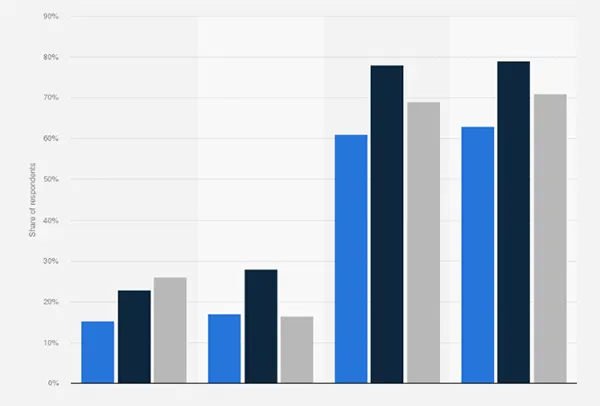
The above graph shows the percentage of VPN usage in the year 2022.
When you use a VPN server, all the internet activity is moved through a safe system that makes sure to keep the browsing activity private and safe.
The Differences Between a Proxy and a VPN
Many people think that these both methods do the same things, but this isn’t correct. The two have some differences, and you should know these before deciding which suits you better.
- Proxies are known to work only with a single app or service while a VPN, on the other hand, protects all web traffic.
- Most proxies are free and easily available to everyone, whereas if you wish to use a private network, you would have to spend money.
- There are many times when the Proxy connections cut randomly without any warning, while VPNs can stay connected for hours without any problem.
- Proxies can’t encode your information, which makes it the target of being tracked when using them. VPNs are the total opposite of proxies because they encrypt the details to protect you from anyone who wants to steal the information or use it for threats.
Should You Use a Proxy or a VPN?
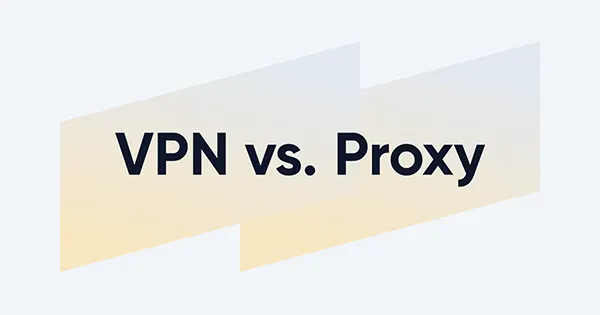
Both of the servers have their uses and their downsides, so, if you just want to hide the IP address or online activities, proxy web surfing will be good enough.
You should choose a VPN as it is the perfect choice for securing the search history and sensitive information, so nobody can see what you’re up to.
No doubt, VPNs are the safest option to browse the web without letting out any personal information because they make sure to use more advanced protection and always encode the data to keep it safe.
